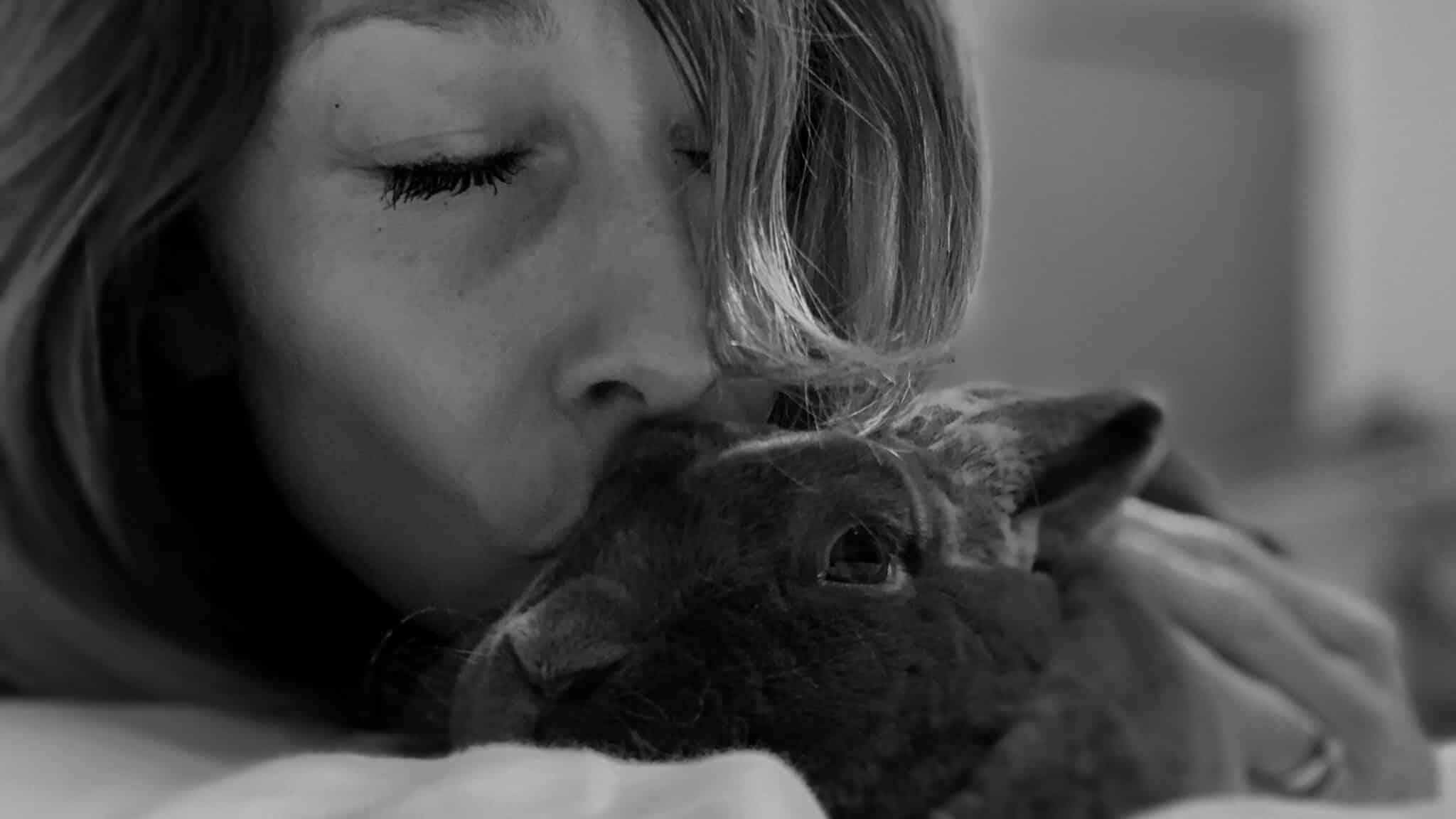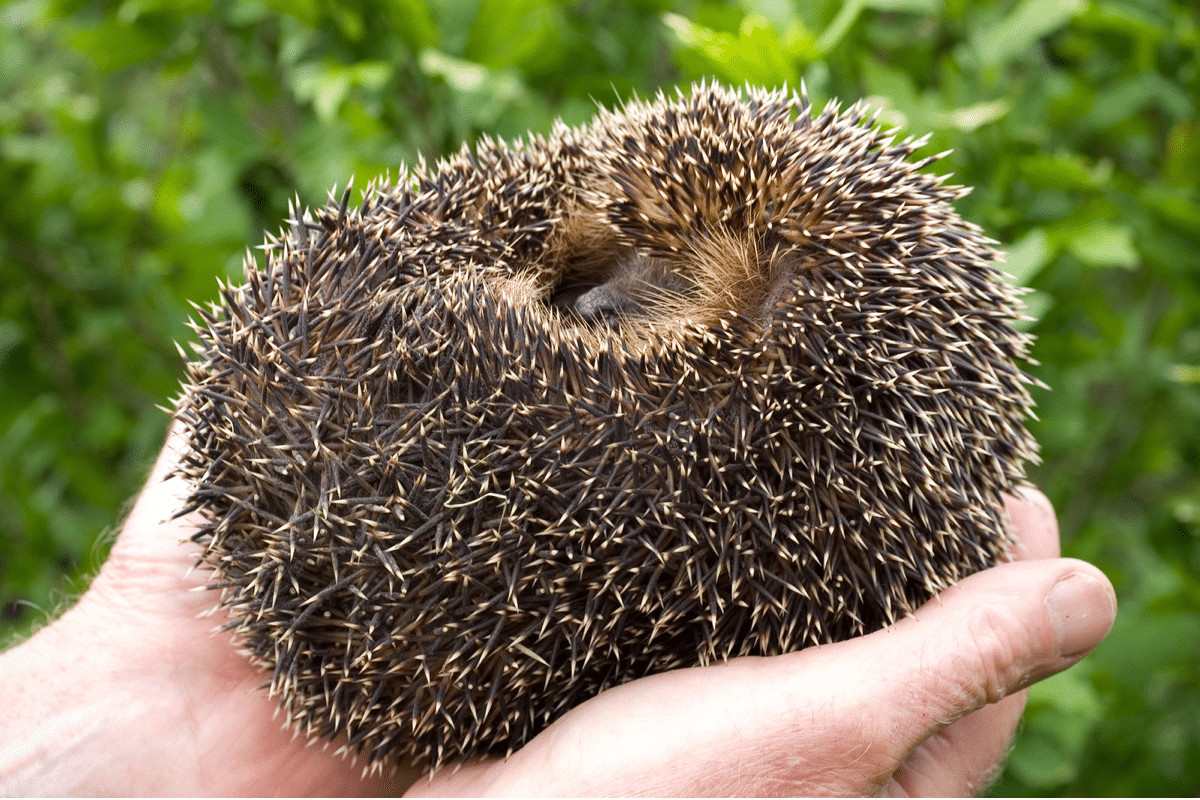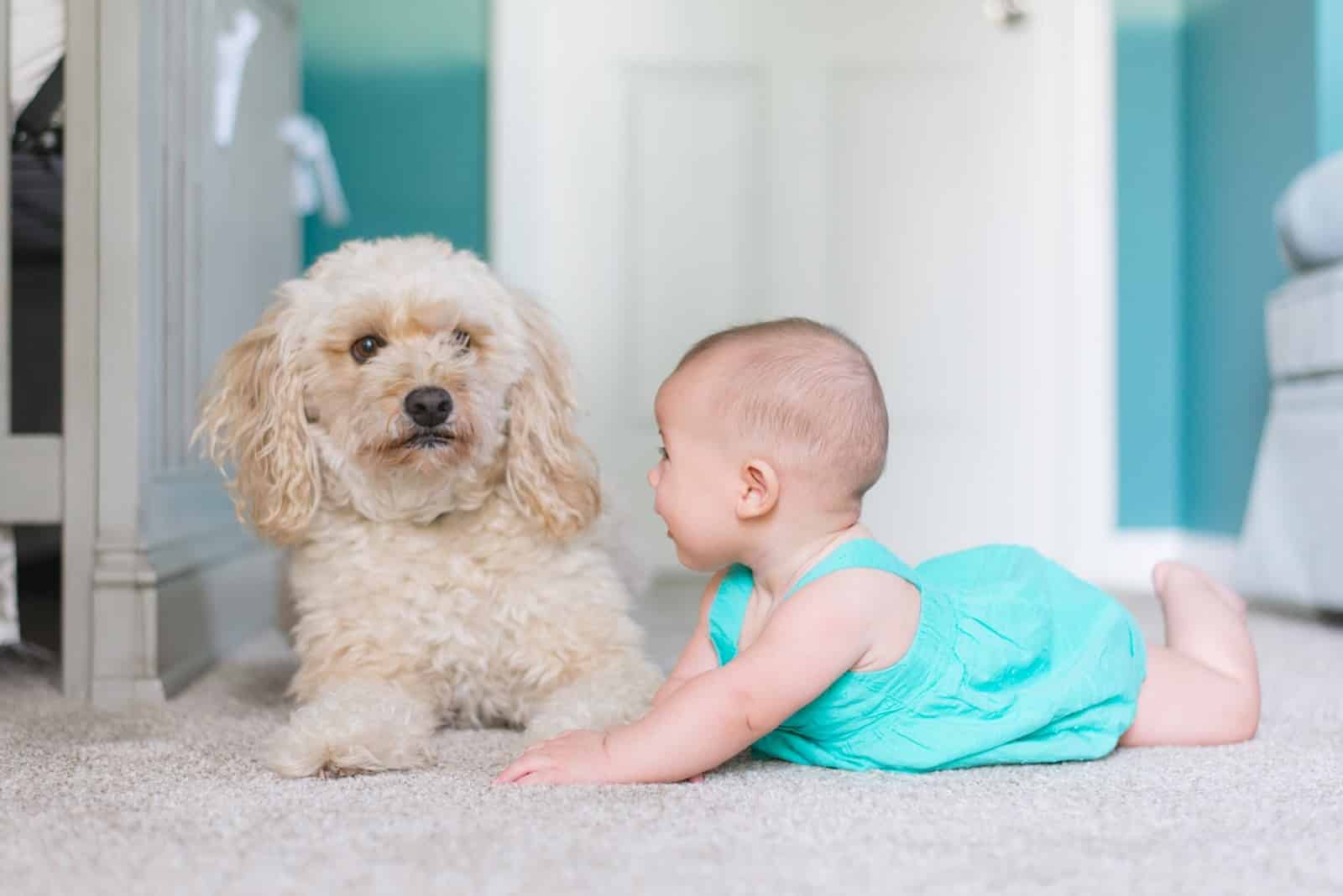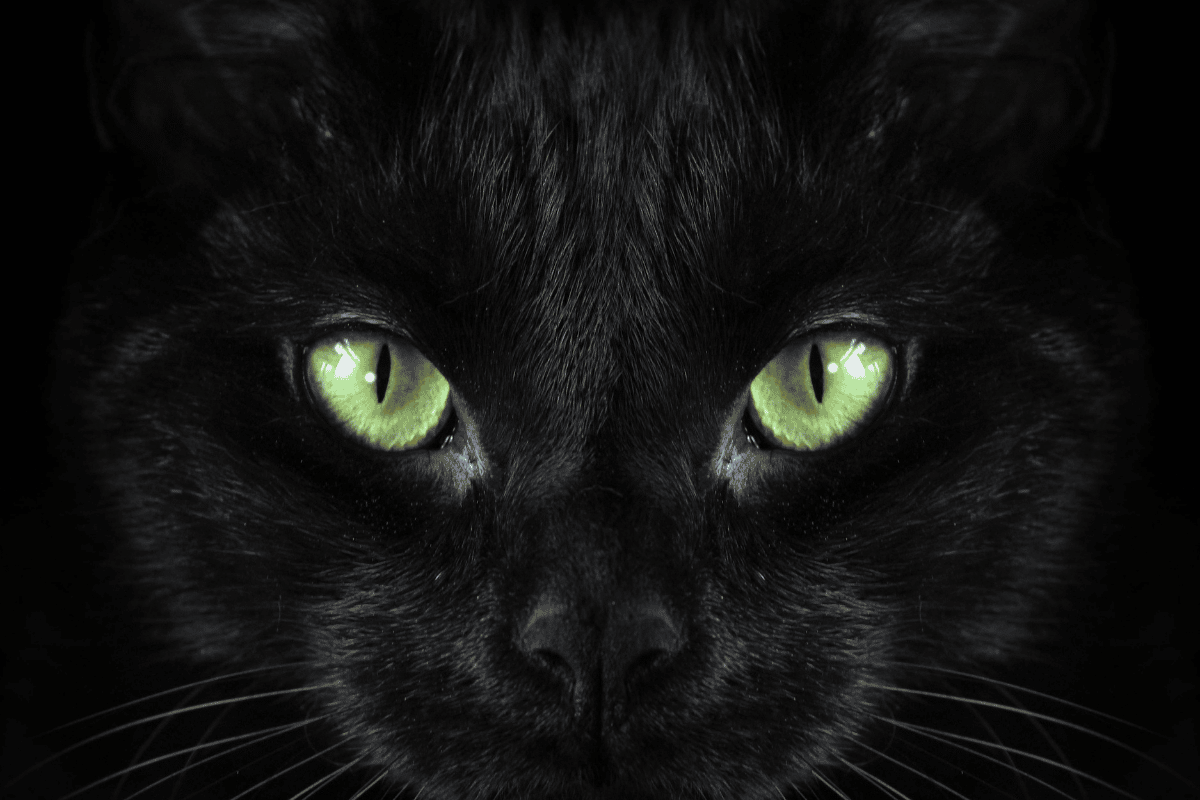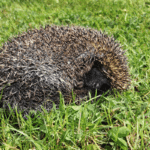The occasional ‘Ah-choo’ is nothing to worry about. After all, guinea pigs sneeze the same reason we do: to expel unwanted particles in the nose or respiratory tract. This can be anything from dust and smoke and even your perfume. A sneeze every now and then is entirely normal, and the only thing you need to do is say “bless you!”
You have got to admit, there is nothing cuter than a guinea pig sneeze! Take a look at this for example…
However, when the sneezing becomes more frequent, and there are accompanying symptoms, you should take action as soon as possible.
In this article, we are discussing everything to do with your guinea pig’s sneezes, from how many times a day is it normal for your piggy to sneeze to reasons why your guinea pig may be sneezing more than usual and everything in between.
Let’s jump straight in.
How Many Times a Day Should a Guinea Pig Sneeze?
A guinea pig sneezes between two and four times a day. This is entirely normal and isn’t cause for concern. However, anything more than that could be a sign of an allergic reaction to something or a respiratory infection.
How Do I Know if My Guinea is Sneezing?
You’ll know, alright. A guinea pig’s sneeze looks very much like a human’s. It may start with a bit of a blank stare, followed by a distinct squeak (that sounds like “ah-choo”) and then a shake of the head.
Sometimes there might be a nasal discharge, which your piggy will clean away itself. However, there might be instances when you will need to help. Use a warm, slightly damp cloth or pet wipe to gently clean away the muck.
What Makes Guinea Pigs Sneeze?
As already mentioned, your guinea pig will sneeze to remove irritants in its nose such as dust, smoke or perfume. Wood shavings and hay are also the main culprits, which is why we suggest using high-quality bedding products that have had the dust extracted or changing over to fleece. Other causes may include:
1. A change in the weather
Dry conditions could irritate your cavy’s nasal passage, causing it to sneeze more than usual.
2. Allergies
An allergic reaction is another reason your piggy is sneezing a lot. It could be due to dust in the bedding or air, pollen or an ingredient in its food. Other possible allergens include:
- air fresheners or room sprays
- washing detergents
- cleaning products
Chat to your local vet to determine what is causing the allergic reaction and make the necessary changes.
3. Stress
Stress can also cause your guinea pig to sneeze more than usual. This is because it affects its immune system, making it more susceptible to allergies and respiratory infections. Stressors for cavies include:
- Moving from a breeder, pet store or rescue centre to a new home
- The addition of a new guinea pig
- Overcrowding in the hutch
- Aggression or bullying from another guinea pig
- Too small a living space and not enough exercise
Want to find out how big your piggy’s hutch should be? This article will help.
4. Vitamin deficiency
If your guinea pig doesn’t have enough vitamin C in its diet, it is at risk of getting an upper respiratory infection. This is because its immune system is compromised and it is unable to fight off disease-causing bacteria.
Make sure you are feeding your cavies plenty of vegetables and fruit as part of its everyday diet.

5. Dental issues
While this might seem like an absolute long shot, dental issues can also cause respiratory problems in guinea pigs. How you ask? Well, it is because of how close a guinea pig’s upper teeth are to its nasal passages. If these become infected, it can cause a respiratory problem.
6. Upper Respiratory Infection
An upper respiratory infection (URI) such as a cold or pneumonia will cause your guinea pig to sneeze. Urgent veterinary care is needed as a URI can be fatal for your pocket-pet. Thankfully, if your guinea pig is sneezing because it is sick, there will be accompanying symptoms that are hard to miss.
When Is a Sneeze Not Just a Sneeze?
We have established that it is completely normal for your cavy to sneeze between two and four times daily. In fact, you probably don’t even notice it doing it. But when is ongoing sneezing a sign that something more serious might be wrong?
More often than not, there will be other noticeable signs that you need to look out for. Let’s look at what these are in more detail.
Coughing
If your guinea pig’s sneeze is accompanied with a cough, wheezing or shortness of breath, it is a sure sign of a respiratory infection. Also, if heavy breathing changes to a crackling or clicking sound, then it is time to act fast.
Discharge out the nose
When your cavy is having an allergic reaction to something, its nose may itch and turn red. However, when there is a yellowish discharge, it means your guinea pig has respiratory problems that need urgent attention.
Weight loss
One of the most obvious signs that there is something seriously wrong with your guinea pig is unexplained weight loss. This, together with excessive sneezing, indicates that your piggy has an infection of some sort and needs to see a vet urgently.
Lack of energy
Guinea pigs are usually full of get-up-and-go, but when that get-up-and-go is gone, and there is a lot of sneezing, it’s usually a sign of a URI. If you notice your piggy isn’t interacting with its hutch-mates or likes tired and is sleeping all the time, it’s time to book an appointment with your vet.
Loss of appetite
While a loss of appetite could be a sign of various health issues including bumblefoot and malocclusion, when accompanied with a lot of sneezes and a change in its breathing pattern, it is more than likely a respiratory problem.
Changes in behaviour
No one knows your cavy better than you, so if you notice changes in its behaviour, it is a sign that something’s not right. Unusual aggression towards other guinea pigs, anti-social behaviour or increased agitation together with a lot of sneezing means a visit to your local vet is in order.
Extreme weakness
If your cavy is battling to walk and showing extreme signs of weakness, it’s a sign that something very serious is wrong. We recommend you see the vet immediately.
5 Ways To Reduce Your Guinea Pig’s Sneezes

As already mentioned, it is not unusual for a guinea pig to sneeze several times in a 24 hour period. However, if you notice it happening more frequently, there are a couple of things you can do to help reduce your piggy’s irritated nose.
1. Check the location of your guinea pig’s cage
If your cavy lives indoors, there may be allergens in the air that are making your cavy sneeze. Smoke, dust particles, air fresheners, cleaning products and detergents, scented candles and even your perfume could be getting up your pet’s nose.
Make sure your piggy’s cage is in a well-ventilated area away from potential irritants.
2. Change your guinea pig’s bedding
Your piggy’s bedding is one of the worst culprits when it comes to allergies. Dust in the hay or the oil in the shavings can irritate your cavy’s nose, causing it to sneeze excessively.
By replacing your pet’s bedding with fleece, for example, it will alleviate any allergic reactions.
3. Clean the cage
Regularly clean your piggy’s cage to stop the spread of disease-causing bacteria. Better yet, you can train your guinea pigs to pee and poop in a litter box to make cleaning up a whole lot easier.
4. Feed your guinea pigs good quality hay
Guinea pigs need and want lots of hay to munch on. We suggest getting good quality hay that is dust-free. Check that the product you choose has also gone through a process to remove parasites, fungal spores and other possible allergens.
5. Keep your guinea pigs dry
Guinea pigs shouldn’t be kept on wet grass, outside in the rain or left damp after a bath. Not only is it uncomfortable for them, but it can also lead to serious health problems, including upper respiratory infections. Always make sure you dry your guinea pigs thoroughly so that it is not at a higher risk of infection.
It is important to remember that guinea pigs don’t get colds like humans. The occasional sneeze is normal, and nothing to be worried about. However, when it’s more than usual and is accompanied with any symptoms we have mentioned above, a visit to the vet is crucial.
The correct treatment and care will quickly see your guinea pig back to full health, wheeking, chirping and popcorning around.
Let us know if you found this article helpful? Feel free to share it with other cavy-loving friends and don’t forget to like our Facebook page or follow us on Twitter. You can also find us on Instagram.





